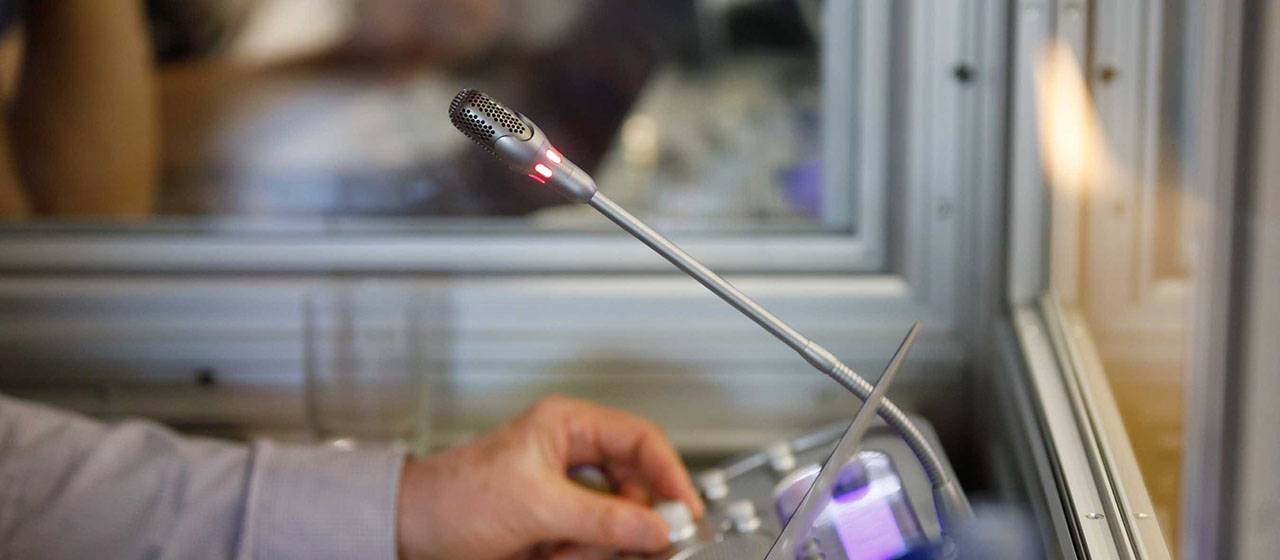Klemens Himpele has been the Chief Information Officer (CIO) of the City of Vienna since 2020. Before that, he headed the Department for Economic Affairs, Labour and Statistics (MA 23) for eight years. Born in Baden-Württemberg, he studied economics at the University of Cologne and initially worked as a research associate at the Institute for Educational and Socio-Economic Research in Berlin. From 2007 to 2010, Klemens Himpele was a project manager at Statistics Austria in Vienna. Most recently, he served as an advisor for higher education and research at the head office of the Education and Science Workers’ Union in Frankfurt am Main.
Barbara Novak
Since June 2025, Barbara Novak has served as Vienna's City Councillor for Finance, Economic Affairs, Labor, International Relations, and Digitalization. Prior to this, she led the Vienna SPÖ (Social Democratic Party) for seven years as its State Secretary, successfully guiding the party through the 2020 and 2025 state and municipal elections. She was politically active in the trade union movement during her school years, and in 2001 she was first elected to the Vienna State Parliament and City Council. As a City Councillor, this digitalization expert aims to strengthen trust in the city and its finances, continue targeted investments, expand Vienna's economic strength, and ensure long-term social stability.









